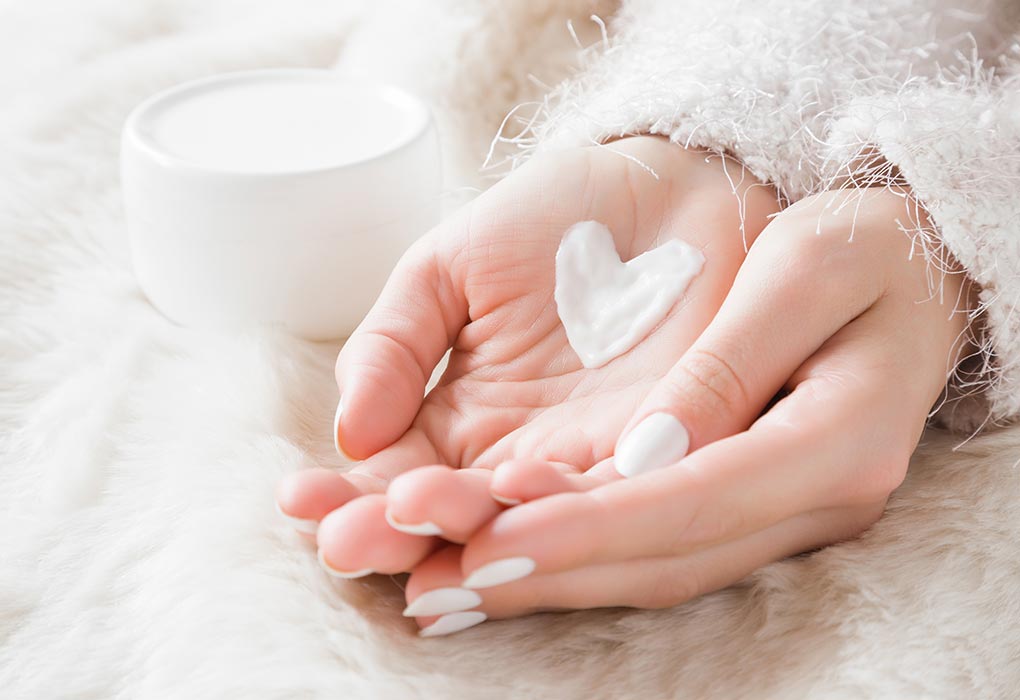1. It’s normal to lose 100 to 150 strands of hair a day so don’t panic when you see a small bunch crawling across your tiled floor.
2. Comb wet hair with extreme care because they’re fragile and prone to breakage. Take a broad toothed comb and run it from the roots to the ends of your hair as gently as possible.
3. Trim your hair every few weeks to get rid of those brown and rough split ends. Cut about 1/4th an inch of your hair every 6 to 8 weeks to avoid the split ends to grow out again.
4. Don’t wash your hair everyday and whenever you do, apply some conditioner on the ends. Try and use the same brand of shampoo and conditioner.
5. Rinse the conditioner off with cold water as it is good for both strength and shine.
6. Unlike the labels on the back of our food items, the labels on the back of our shampoos are mostly left unread. In the last few years, there has been a lot of focus on sulfate in shampoos. What are sulfates? They’re the reason your shampoo lathers the way it does. They clean your scalp and hair, departing the dirt from it. But some researchers also suggest that they strip your hair of essential oils. They’re also why your eye stings when shampoo runs down the side of your face. If you feel any kind of irritation on the scalp or find your hair drying up over time then try and buy a shampoo that’s sulfate-free.
7. If you’ve got dry hair then it’s best to avoid colouring. However, if you can’t resist that gorgeous shade of brown, especially under the winter sun then follow this clever advise shared on the blog Free People. Use lemon, chamomile tea or honey as they work as great hair lighteners. You can add lemon juice to water and spray it over your hair when you’re heading out. You can rinse your hair with brewed chamomile tea after you wash them with shampoo or add honey to the water you use to wash your hair.
Besides these basic tips, here are few home-remedies that’ll take you a long way. From home-made masks to heat protecting serums, we’ve got it all.

